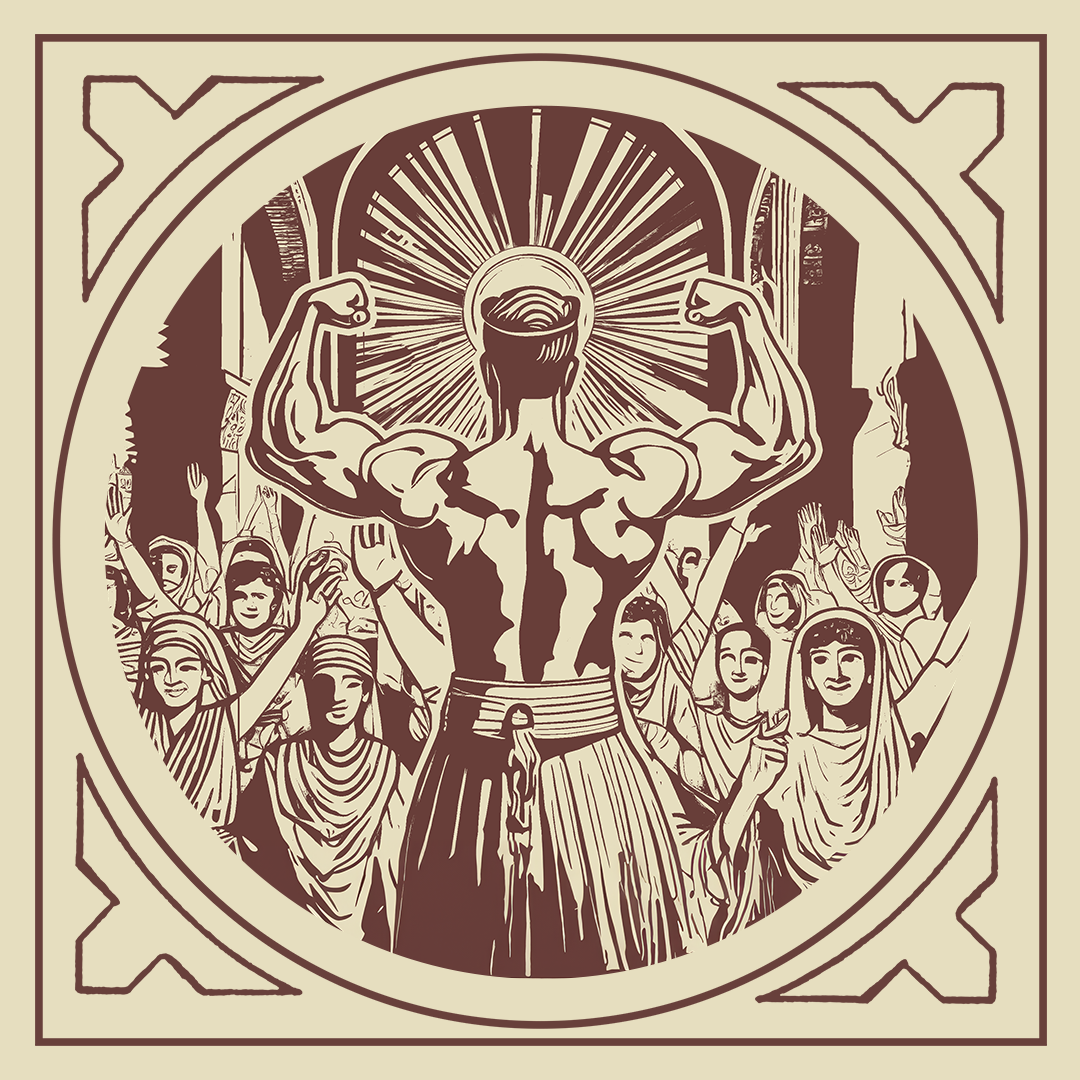
The Illusion of Might: A Call to Humble Submission in the Shadow of Success
Success and Submission: A Modern Ministry Dilemma
In the bustling heart of the city stood a vibrant megachurch, pulsating with life and growth under the stewardship of a dynamic young pastor. His charisma magnetized the masses, his leadership teams flourished with fervor, and his voice echoed across continents through the far-reaching tendrils of his media empire. Yet, amid this whirlwind of success, Rick McKinley, a seasoned voice of wisdom, discerned troubling undercurrents. He approached his young up-and-comer with a blend of concern and hope, ‘My hope for you is that you would find someone to whom you can be accountable. It doesn’t matter if it’s Piper or someone else, but you need that submission.’ The response from the young pastor, steeped in the hubris that so often shadows great success, came swiftly, ‘I can’t submit to John Piper; his church is smaller than mine.’
Habakkuk’s Lament: A Biblical Reflection on Power and Pride
This story reflects a profound disconnection between success and submission, mirroring a deeper biblical principle we find in Habakkuk’s dialogue with God. Much like the pastor who worshipped the size of his congregation, the Babylonians delved into self-worship by their ability to conquer and dominate, as depicted in Habakkuk 1:14-17. The prophet’s lament over humanity’s idolatry and self-reliance is a temptation that we face all too often today.
The Idolatry of Might in Habakkuk’s Time and Today
Habakkuk 1:14-17: “You make mankind like the fish of the sea, like crawling things that have no ruler. He brings all of them up with a hook; he drags them out with his net; he gathers them in his dragnet; so he rejoices and is glad. Therefore, he sacrifices to his net and makes offerings to his dragnet; for by them he lives in luxury, and his food is rich. Is he then to keep on emptying his net and mercilessly killing nations forever?” The Babylonians, with hooks and nets in hand, represent a power that ensnares and controls. They bring up
the nations as easily as one might haul in a catch from the teeming waters, and in this imagery, Habakkuk captures the essence of their oppression: a relentless and joyous pursuit of dominance. As the Babylonians rejoice over their catch, we see a disturbing form of worship emerge. The instruments of their conquest—the hook and the net—become objects of reverence. They sacrifice to their net and burn incense to their dragnet, for these are the sources of their wealth and luxury. Herein lies the parallel to Habakkuk 1:11, where the prophet laments that the Babylonians’ “might has become their god.” Their strength, symbolized by their military prowess and their nets, has usurped the place of God in their hearts.
Parallel Dangers in Modern Church Leadership
The Babylonians’ glorification of their own might, where nets and hooks symbolize their self-sufficiency, parallels the modern church’s temptation to worship numerical growth and social influence. Yet, the divine admonition remains clear: “might does not make right.” It is not the grandeur of a church, nor the strength of an army, that determines what is right, but the commands of Jesus. For it is Jesus, the Messiah, our reigning king, and he alone is the head of the church.
The Transient Nature of Earthly Glory
The narratives of Babylon and the ambitious young pastor are testimonies to the transient nature of earthly glory when it is built on the brittle foundation of self-worship. Babylon, with its awe-inspiring walls and hanging gardens, stands now as but a whisper of dust, a testament to the futility of human might divorced from divine purpose. Similarly, the pastor, perched precariously atop his church’s
numerical triumph, faced an inevitable descent, as his church eventually imploded and he was disgraced. These narratives are woven together by the common thread of hubris, a force as destructive in contemporary ministry as it was in ancient empires.
The Measure of True Greatness in God’s Kingdom
The true greatness in God’s kingdom is measured not by our visible success but by our willingness to submit to His will. It is not the scale of our churches, nor the breadth of our ministries, the size of our bank accounts, the cars that we drive, or the positions that we hold that define faithfulness before God, but our obedience to Christ. We must resist the temptation to become ensnared by the nets of our achievements and instead, offer ourselves to the service of the One whose strength is made perfect in our weakness. In this humility, we align ourselves not with the transient might of this world but with the enduring righteousness of Christ’s kingdom.
To learn more about what we teach at King’s Fellowship Church in Ada, Oklahoma check out our beliefs:
https://kingsfellowshipchurch.com/ada-church-our-beliefs-kings-fellowship/
To learn more about our city:
